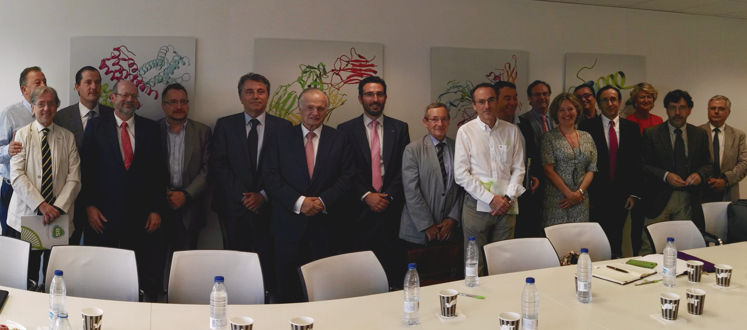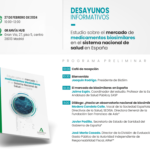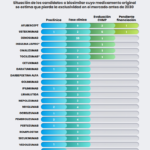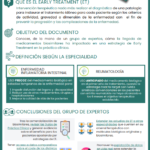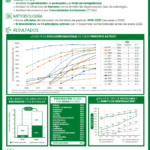- BioSim intends to work more closely with Scientific Societies, to generate and disseminate evidence-based knowledge about biosimilars.
- The Federation of Spanish Medical Scientific Associations (FACME) and the Spanish Patient Forum (FEP) are integrated as new members of the BioSim Advisory Council.
- In total, the Advisory Council is made up of 21 members: among them 11 Scientific Societies; FACME; Spanish Society of Health Managers (SEDISA); Spanish Working Group on Crohn's Disease and Ulcerative Colitis (GETECCU); the General Alliance of Patients (AGP); the EFF; the General Council of Official Colleges of Pharmacy (CGCOF) and 4 renowned experts in the field of pharmacology and pharmacoeconomics.
Madrid, July 6 of 2017. The Spanish Association of Biosimilars, BioSim, met its Advisory Council to take stock of the last year and present the lines of work for the next two years, with the aim of proposing joint collaboration actions.
In this sense, BioSim established as one of its main objectives to collaborate with Scientific Societies in the training of professionals and in the generation and dissemination of knowledge about biosimilar medicines and to resolve the doubts that professionals have in the field. daily practice.
The president of BioSim, Joaquín Rodrigo, offered the Biosimilar Medicines Observatory that the association plans to establish in the coming months, as the ideal space to contribute to knowledge that will facilitate the training and information of health professionals.
Both the scientific societies and the professional organizations offered BioSim the possibility of collaborating in all the actions that are put into operation in the field of continuous training, given the experience accumulated in this matter over the years.
During the meeting held by the BioSim Advisory Council, the AGP and the FEP thanked the association for its sensitivity towards patients and their needs, as well as for being represented in BioSim's advisory and decision forums. Specifically, the FEP conveyed at the meeting the opportunity that biosimilars represent.
In this sense, they insisted on the need to turn the patient into an active subject in the doctor-patient relationship, so that therapeutic decisions are made in a shared way between both. This fact -they highlighted- will contribute to generating trust in the patient towards their doctor and towards the biosimilar.
balance of the year
During the meeting of the Advisory Council, the president of BioSim Joaquín Rodrigo introduced the members of the Advisory Council to the new general director of the association, Regina Múzquiz, and to the new team.
Next, an assessment of the main actions carried out by BioSim in the last year was carried out, highlighting the activity undertaken internally such as the preparation of its own Code of Good Practices.
Regarding the actions implemented externally, the publications that BioSim has launched this year were highlighted, such as the positon paper "Biosimilars: new ways to innovate" or the Guide to Biosimilars for Physicians. In this sense, the members of the Advisory Council congratulated BioSim for the scientific rigor and quality of the publications and encouraged the association to continue in this line of knowledge dissemination.
In the coming months BioSim plans to publish biosimilar guides for pharmacists and patients.
In turn, the general director, made a summary of the activity of institutional relations, communication and other relevant projects that BioSim has launched in the last year.
Lines of work for the next two years
Finally, the BioSim Technical Secretariat made the Advisory Council participate in the four major strategic objectives of BioSim for the next two years and on which they are working with the Public Administrations to lay the foundations of a Strategic Plan on them. of Biosimilars for the National Health System (SNS) as a whole.
These objectives are: the adequacy of Spanish regulations to the particularities of biosimilar medicines; the training of professionals in biosimilars; training and information for patients and maximizing the opportunities they open up in contributing to the sustainability of the NHS.
